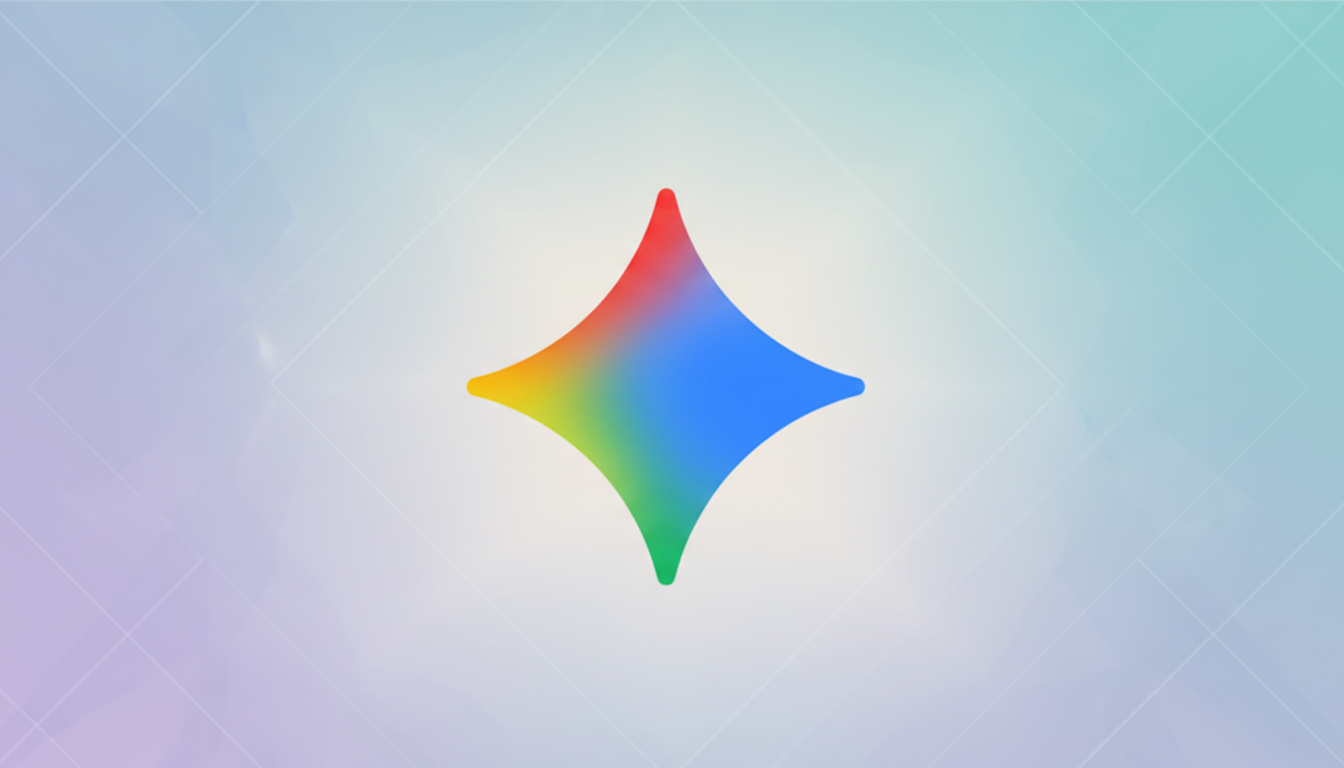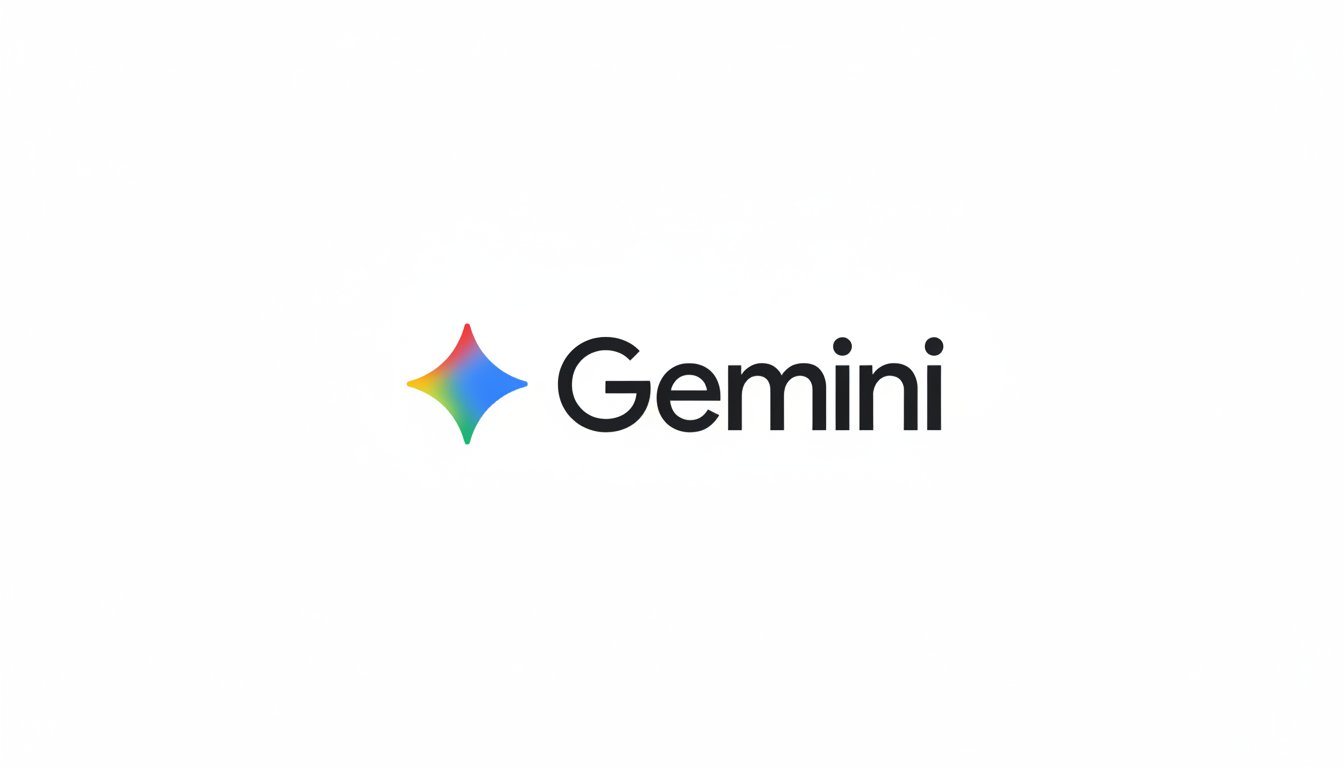New third-party traffic estimates indicate Google’s Gemini is encroaching on ChatGPT where it matters most when it comes to awareness and user onboarding: the open web. OpenAI still attracts far more visits, but Gemini’s website is getting significantly more notice than it did a year ago — an indication that Google’s tactic of spreading the assistant throughout its ecosystem is finally resonating with users.
The takeaway is not that ChatGPT has fallen behind the pack, but that its once-superior lead is showing wear and tear. The reasons behind Gemini’s rise point to a larger change in the way people want AI integrated into their daily workflows.

Web Share Gains Based On Similarweb Data
Visits to gemini.google.com have more than doubled from a year ago. The domain now makes up 12.9% of all web traffic to generative AI tools, more than double the roughly 6.4% from a year ago.
ChatGPT still remains chatbot web traffic’s top destination with around 74 percent of the market, although it’s a drop from circa 87 percent a year ago. In other words, Gemini is not overtaking ChatGPT, but it is aggressively growing its share of the pie as users try alternatives.
Others are earning more mixed results. According to Similarweb’s figures, traffic is down on xAI’s Grok over the last six months (from 3.1% to 2%), and Microsoft Copilot remains stable at just under 1.2% of traffic.
There are some important caveats: web visits to a single domain can’t capture usage inside mobile apps, enterprise platforms or embedded experiences. Similarweb itself notes these limitations. But the trend is obvious — Gemini’s website is garnering way more attention than it used to.
Integration Could Provide The Deciding Edge
Why the jump? One answer is integration. Gemini exists in places where people already spend time — Search, Gmail, Docs, Drive, Android and Chrome. AI Overviews in Search, for example, is a very high-visibility entry point that nudges users to give Gemini a try for additional tasks.
There are also tools of this sort (NotebookLM, newer Gemini Flash models) that have expanded practical use cases. NotebookLM’s Source-Grounded Summaries can assist students, researchers, and project teams in converting PDFs or notes into summaries. Flash is great for fast, low-latency tasks like composing emails, pulling out action items from documents, or recapping meetings — exactly the things people do over and over all day long.

Industry practitioners have been quick to point out this everyday utility. Executives from the SEO community and organizers of the AI community have highlighted that time is saved by Gemini’s close integration with Gmail, Docs and Drive. That workflow continuity — opening an email, hitting Gemini to summarize a thread, and then typing out a response in the same pane — reduces friction in a way that standalone chatbots can’t always duplicate.
There Is a Bigger Picture Than Simple Site Visits
Web traffic is just one lens through which you can look at what being a market leader is. Mobile adoption, logged-in usage and business deployments can skew the picture. Among app analytics firms is Data.ai. With the addition of company-reported active user counts, they’re necessary to flesh out the picture.
So too will usage of Gemini inside Workspace — whether it is smart replies in Gmail or drafting documents in Docs — not appear under gemini.google.com numbers. That also holds for on-device assistants and API-based integrations. On the flip side, ChatGPT’s mobile apps and developer ecosystem generate traffic volume that the domain itself overlooks. That’s also why the most thorough comparisons blend web, app and enterprise metrics.
Caveats aside, the change in web share is important. It captures discovery and trial — the gateway for many new users. In many cases interest also comes before long-term use, particularly if the product is baked into where workers already do their jobs.
What The Shift Means For The Chatbot Race
For OpenAI, the data is a lesson that dominance breeds challengers. A drop from 87 to 74% still leaves ChatGPT way out in front, but it’s a reflection of how fast share can shift when the competition is combining strong models with distribution. Bundling Gemini in with everyday tools — and making it fast — is paying off, the message to Google goes.
The competitive stakes are rising. Microsoft has been beefing up Copilot with new connectors for Outlook, Google Drive and Gmail, trying to copy the “work where you are” benefit. Anthropic is iterating on Claude’s capabilities for writing and analysis, xAI with Grok, on social data and real-time context. Price, latency and privacy controls will be the main differentiating factors in addition to raw model quality.
What to watch next: whether Gemini can turn internet curiosity into widespread active use, daily; how fast ChatGPT develops multimodal capabilities while keeping its lead; and what kind of medium aportative Frenzonis will be. If Similarweb is a harbinger, the AI chatbot arms race may end up being less about headline benchmarks than who becomes the default helper for all those small jobs that sustain modern life.

